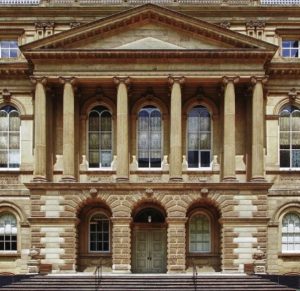UNDERSTANDING OUR COURTS

If you are involved in a business or property conflict and are thinking of going to court, here are some important basics.
- In Ontario, there are two levels of civil trial courts; small claims courts and superior courts of justice.
- Our small claims courts handle claims for damages or return of property limited to $25,000.00. But they are not empowered to issue injunctions, receivership and performance orders and declarations. As of January 2, 2020, the monetary limit increases to $35,000.00.
- Small claims court judges sit part time. While they follow the law they are also required to make decisions based on ‘good conscience’. This empowers them to apply discretionary fairness when the available evidence is less than perfect.
- Our superior courts of justice have unlimited monetary jurisdiction over civil matters. However, they are required to strictly follow case law which can result in surprises for the parties. At times, parties overestimate the strengths and weaknesses of their cases. Where each party is only partially successful, court costs are apportioned based on the degree of each side’s success.
- Where individuals or corporations wish to sue the federal government or one or more provincial governments, or where one or more of these governments sue each other, the Federal Court of Canada alone has jurisdiction.
- Regardless of the claim, it is always important to realize that going to court can be risky and sometimes looks like a coin toss.

